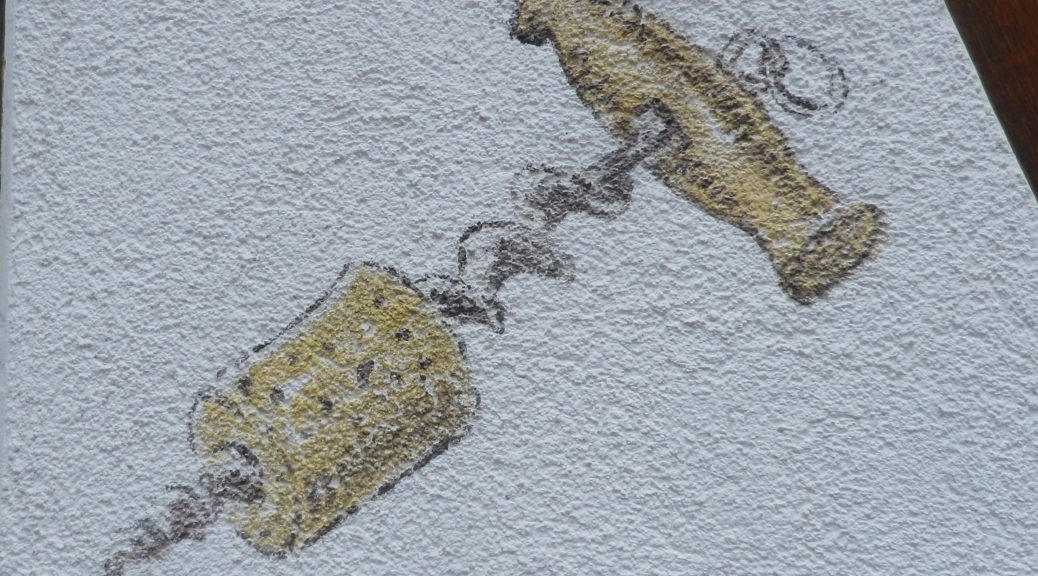What I Learned
The Mittelrhein (Middle Rhine) is famous for its dozens of castle ruins, towering cliffs, and dramatic oxbow bends along the course of the Rhine through this section of it. The Upper Middle Rhine is now a UNESCO World Heritage site. It begins in Koblenz, and continues to Bingen.
This also defines the wine region known as the Mittelrhein. Unlike other wine regions on the Rhine, this region covers both banks of the river (beginning north of Lorchhausen, which is part of the Rheingau region). Many areas of the Upper Middle Rhine do not produce wine: the topography and geology just aren’t suitable or practicable, even for growing other crops. That just makes the vineyards along this section of the Rhine even more esteemed.
Dark slate begins to predominate in the soil around Boppard, and continues upriver until just outside Trechtingshausen. This hard rock shapes the river as well, and its many twists and turns provide optimal sun exposure for some slopes, like the famous vineyards of Boppard, while depriving others of much sun at all just around the bend.
Because of the different geological conditions, the Mittelrhein region is divided into different “Grosslage,” or growing areas, each containing some specifically named vineyards. This hike covered the area around mostly Oberheimbach, which falls within the Grosslage of Schloss Reichenstein, the name of a brooding castle located about three miles upriver in Trechtingshausen. Well-known Nieder/Ober -heimbach vineyards include Niederheimbacher Froher Weingarten, Oberheimbacher Sonne, Oberheimbacher Klosterberg, and my personal favorite: the Oberheimbacher Wahrheit (it means “Truth”), which says all you need to know about the true expression of the terroir in the wines from here.
What I Tasted
2017 Riesling Weinberg Schloesschen, Spaetlese, Trocken, Deutscher Qualitaetswein, Weingut Juergen Stassen (Oberheimbach): A dry white wine with medium gold color, a mineral and slightly fruity nose, with green gooseberry and mineral flavors; medium plus acidity with a tart finish.
2015 Riesling, Classic, Trocken, Deutscher Qualitaetswein, Weingut Eisenbach-Korn (Oberheimbach): A dry white wine with medium plus gold color, a spicy, nose with hints of turpentine and lipstick; with spicy and fruity flavors, medium acidity with a smooth, but tart finish; very well balanced overall.
2013 Weisser Riesling, Niederheimbacher Froher Weingarten, Qualitaetswein, trocken, Fendel: A dry white wine with a medium gold color: a well-balanced, slightly floral and fruity tasting wine with a pleasant minerality to it.
